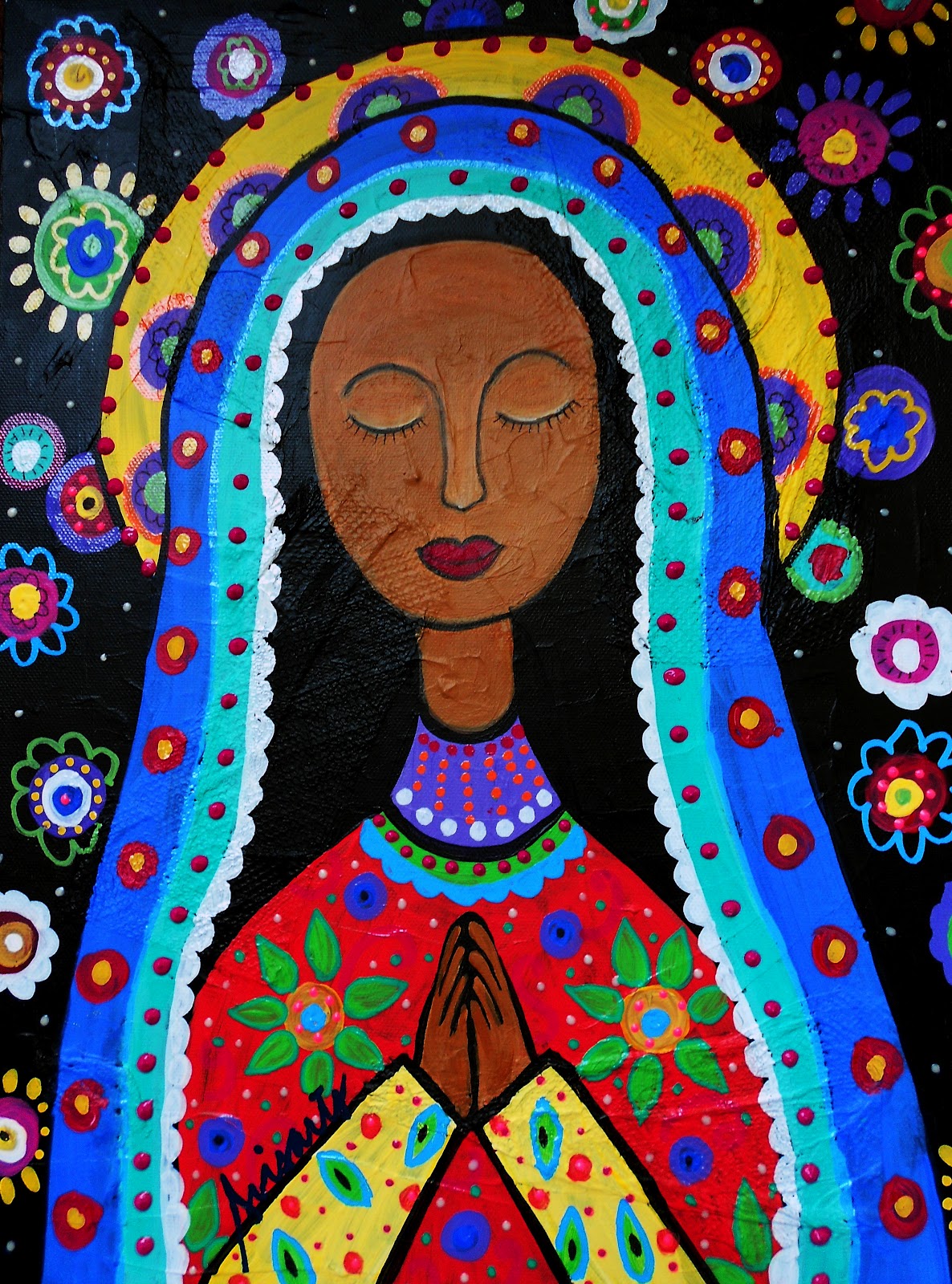
Mary's Message for All Generations
The birth of Jesus is never mentioned in the writings of Paul, which are the earliest writings of our New Testament (15-20 years after Jesus’ death). Nor is the birth of Jesus mentioned in Mark, the earliest gospel written around the year 60 CE. It’s hard to believe that all of those writings ignored the amazing birth story of Jesus, unless the story hadn’t been developed yet.
The only gospels to contain the birth narratives are Matthew and Luke, written about 50-60 years after Jesus’ death.
Historically, this places Luke after the destruction of Jerusalem and the Temple in the year 70 CE. This was a time of growing conflict between Christian Jews and non-Christian Jews, who up to this point, had worshipped together in the synagogues. There was a sharp decrease in the Jewish population as many were killed in the war, so there was greater emphasis on maintaining a traditional Jewish identity. Plus many Gentiles, who weren’t circumcised and didn’t follow food and purity laws, were becoming Christian. The more Gentiles in the movement, the less Jewish it looked. The conflict led to what has been called the “Jewish persecution of Christians,” looking more like social ostracism than anything else. Christian-Jews were expelled from the synagogue and excluded from the Jewish community, which probably meant no inter-mixing in marriage and the severing of family and economic relationships.
So, the author of Luke wrote about Jesus with the benefit of hindsight and (we have to assume) with the intent to make the gospel meaningful and applicable to its current audience and situation. Walter Brueggemann, in The Prophetic Imagination, said, “The beginning must be just right, for there is something new here that can scarcely be articulated, and the articulation must match the reality of the newness.”
Jesus was the “new thing,” in complete contrast to the social, policital, spiritual and economic status quo. How was a writer to do justice to that? If you were the author what would you want to convey? And how would you convey it? Keep in mind that you aren’t particularly concerned with “facts” just a truth that is beyond words.
To begin with, it is significant that birth narrative in Luke includes a governmental decree for a census (that is most likely did not really happen). What was the purpose of the census? To determine how many people there were to tax. And the "response" of heaven was to send a heavenly choir to proclaim that a new king had been born.
As Brueggemann said, “The birth of Jesus is presented… as a decisive energizing toward a new social reality.” So the beginning does not happen among those of the old order, those in power, it happens among the victims of the old order. Look at the characters in the birth story:
- Mary – an innocent, but believing young woman (who has no power)
- Elizabeth – an old barren woman (again, no power)
- Zechariah – an old man struck dumb, whose wife had been barren (probably the butt of a lot of jokes)
- Shepherds – society’s rejects (bottom of the food chain)
- Baby - messiah (seriously? Can you pick a more helpless, powerless person?)
Something new has begun, and it will lift up all of those who have been downtrodden by the old regime. The ones at the margins of society have now captured center stage and have found hope! The birth story is the foreshadowing of this new, energizing story that has changed lives and become a movement.
The song that Mary sings, that we know of as the Magnificat (probably a song from early Christian worship), is a song about promises being kept, even when it seems that all promises have failed. It is about a God with whom nothing is impossible, as the angel said to Mary, “You will have a child without knowing a man and your cousin Elizabeth in her old age, will have a child even though she had been barren.” Oh, and, Zechariah was struck dumb because he didn’t believe that at his age, with a barren wife, they could have a child. In each case, the impossible became possible. And there was more... the lowly will be lifted up, the lame will walk, and the blind will see, and the dumb will talk, and people will be healed. What was required for this to happen was for one young girl to believe and to give her whole self to the birth of something new. And, that is exactly what Mary did.
What we sometimes fail to see is that Mary's song was for all generations, and Mary herself was a metaphor for all of us. We are all called to open our hearts, souls, minds and bodies to the Spirit to believe and see what can be born in us.
To believe is to believe that goodness can and will triumph over evil, that humanity (despite the systems of power and injustice) can be liberated in the end. It is to believe that war can end and oppression can be overcome.
It wasn’t only up to Mary or Jesus to bring the world into balance. We are all to be the vessels of the Divine, changing the world and birthing a new order in this broken world – one in which love, kindness and equality reign. Like Mary, the Spirit is stirring within us, hope wants to be born in us, will we let it?
Advent Blessings,
Kaye



